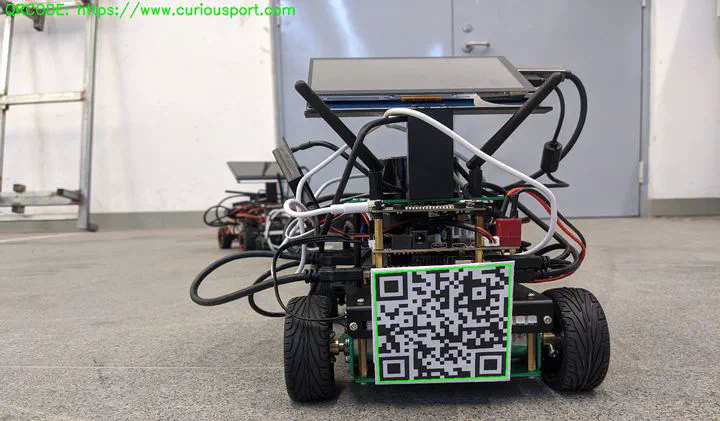SLO-Aware Task Offloading within Collaborative Vehicle Platoons
Dec 1, 2024·,,,,,,·
0 min read
Boris Sedlak
Andrea Morichetta
Yuhao Wang
Yang Fei
Liang Wang
Schahram Dustdar
Xiaobo Qu

Abstract
In the context of autonomous vehicles (AVs), offloading is essential for guaranteeing the execution of perception tasks, e.g., mobile mapping or object detection. While existing work focused extensively on minimizing inter-vehicle networking latency through offloading, other objectives become relevant in the case of vehicle platoons, e.g., energy efficiency or data quality for heavy-duty or public transport. Therefore, we aim to enforce these Service Level Objectives (SLOs) through intelligent task offloading within AV platoons. We present a collaborative framework for handling and offloading services in a purely Vehicle-to-Vehicle approach (V2V) based on Bayesian Networks (BNs). Each service aggregates local observations into a platoon-wide understanding of how to ensure SLOs for heterogeneous vehicle types. With the resulting models, services can proactively decide to offload if this promises to improve global SLO fulfillment. We evaluate the approach in a real-case setting, where vehicles in a platoon continuously (i.e., every 500 ms) interpret the SLOs of three actual perception services. Our probabilistic, predictive method shows promising results in handling large AV platoons; within seconds, it detects and resolves SLO violations through offloading.
Type
Publication
Service-Oriented Computing